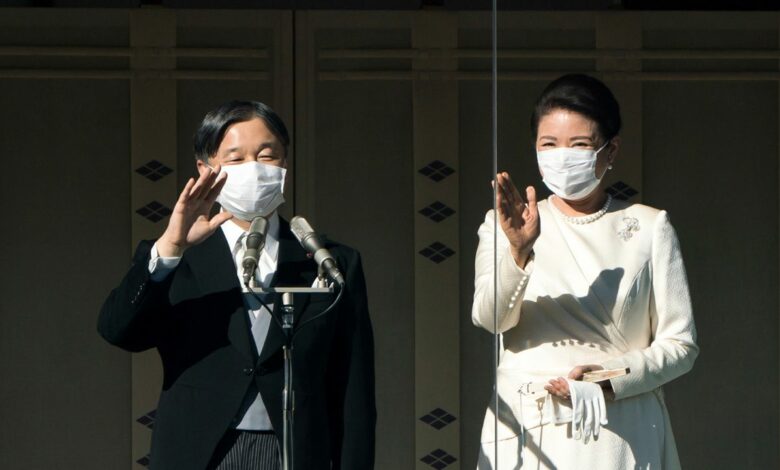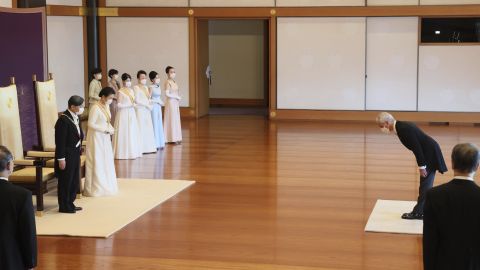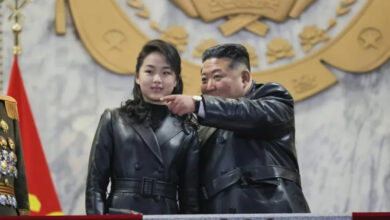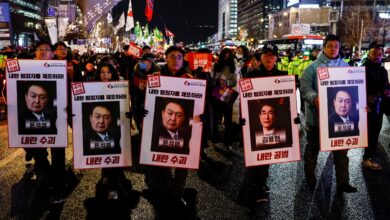
Japanese Emperor Naruhito greeted well-wishers at the Imperial Palace in Tokyo for the first time in three years on Monday, reviving an annual New Year tradition that was paused during the Covid pandemic.
“Even today, wars and conflicts frequently occur worldwide, and I feel a deep sadness that many people have lost their lives. I strongly feel the importance of repeated dialogue and cooperation with others in the international community to overcome differences in stances,” said the 62-year-old emperor, according to a statement released in advance by the Imperial Household Agency on Sunday.
Images show the emperor and the royal family standing behind a pane of glass at the palace and waving to the crowd below. Many members of the public waved Japanese flags.
In abridged remarks on Monday he wished everyone a “peaceful” 2023.
“I know that there will be many difficulties, but I hope that this year will be a peaceful and good one for all of you,” the emperor said. From 2020 to 2022, Naruhito delivered his New Year’s speech via video message.

Naruhito was joined by Empress Masako, their daughter Princess Aiko, and other members of the family. Under Japan’s male-only succession law, Princess Aiko is forbidden from becoming empress.
On Sunday, Naruhito attended a New Year reception at the Imperial palace with foreign ambassadors.
For centuries, Japanese rulers were considered the living embodiment of gods – but after the postwar US occupation of Japan, the country introduced a new constitution that banned the Imperial family from engaging in politics. Naruhito’s grandfather, Emperor Hirohito, was the last divine Emperor.
Nowadays, Naruhito is a symbol of the state rather than the head of state and wields no political power. Despite this lower public profile, the emperor remains a revered figure within Japan.
Naruhito began his reign in 2019 after his father Akihito became the first emperor to abdicate in 200 years.




